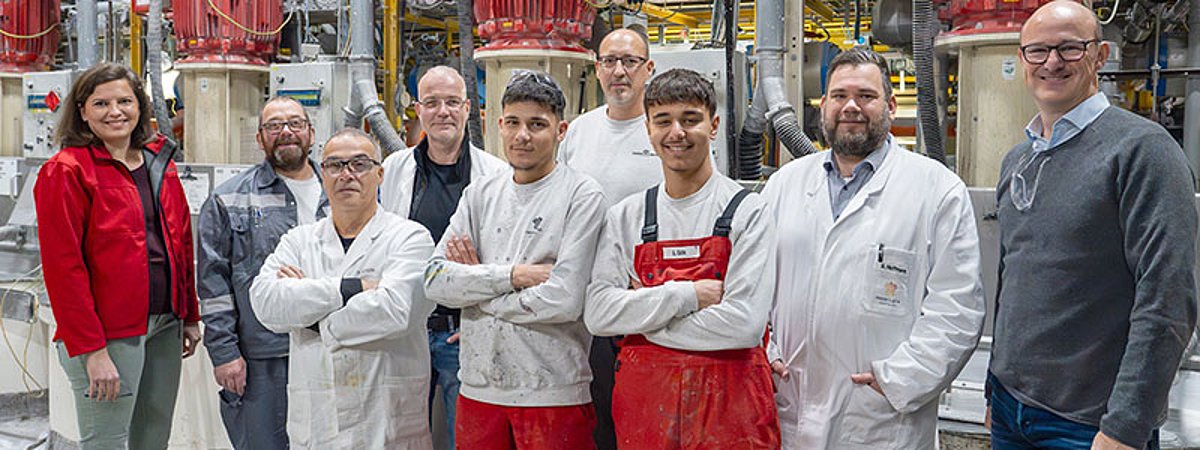Hesse Lignal ends nitrocellulose lacquer production

Hesse Lignal replaces solvent-based nitrocellulose lacquers with sustainable alternatives: On January 1, 2024, all nitrocellulose lacquers and solvent-based acid-curing lacquers were removed from the lacquer manufacturer's product range and production was discontinued.
"Our transformation process is progressing as planned," says J. Hesse, Managing Director of lacquer and stain manufacturer Hesse Lignal. "By exiting the nitrocellulose lacquer market, we have now achieved an important sub-goal of our sustainability strategy." In recent months, the Hammer family-owned company has switched corresponding customers to more sustainable products and thus discontinued the production and sale of non-sustainable nitrocellulose lacquers and solvent-based acid-curing lacquers on January 1, 2024. Some solvent-based additives, dyes, pigment concentrates and associated thinners have also been discontinued since then. Hesse Lignal has thus reached a first milestone on the way to a sustainable product range. "In spring 2022, we decided to develop a sustainability strategy in order to live up to our responsibility as a future-oriented family business with a history that spans generations," explains Managing Director Jens Hesse, who is the third and fourth generation to run the company together with Hans J. Hesse. "We want to contribute to preserving a world worth living in for our children and grandchildren by minimizing our impact on the environment and climate." For this reason, the Hesse management has decided to replace all solvent-based products with sustainable alternatives by 2030. They are pursuing two goals: Firstly, the use of volatile organic compounds (VOCs) is to be reduced, as these can contribute to the formation of ground-level ozone and climate-damaging CO2. Secondly, products containing fossil raw materials are to be replaced by alternatives made from sustainable raw materials.
"Our employees from the Research and Development, Product Management and Sales departments have put a lot of energy and expertise into developing and testing sustainable alternative products," reveals Jens Hesse. Water-based products, lacquers made from sustainable raw materials, UV lacquers and natural oils are now available as more sustainable alternatives. "We have already received numerous positive reactions from our customers. Many of them are just as convinced of the future viability of sustainable products as we are," continues the Managing Director. "To ensure that the changeover in our customers' businesses runs smoothly, we actively support their transformation process." Among other things, the Hesse team helps customers to select suitable alternative products. In addition, the paint specialist's plant and technology consultancy supports craft businesses and industrial companies in converting their machines and processes. "The restructuring of the first part of the range was a big step for us, but we are still a long way from reaching our goal," says Jens Hesse. "We will continue to work hard and consistently on the development of sustainable products so that all products with a high VOC content and paints made from fossil-based raw materials can be replaced by more climate-friendly alternatives by 2030."
